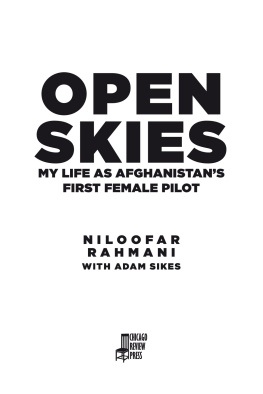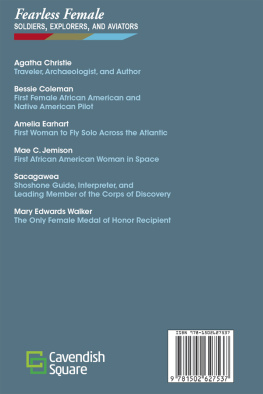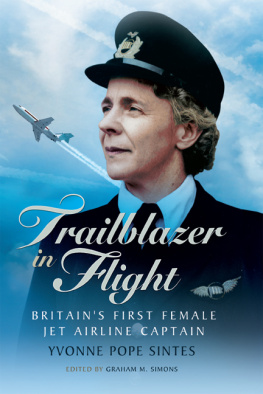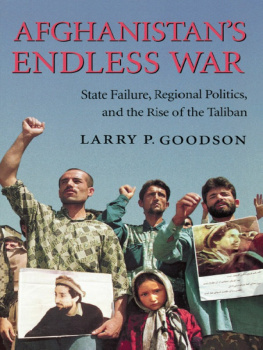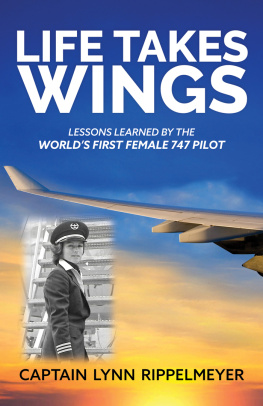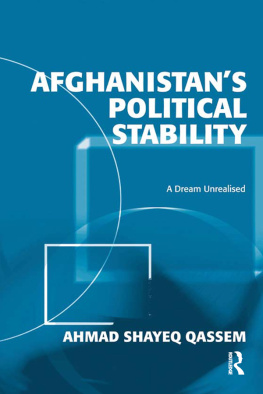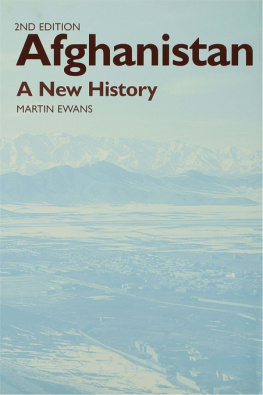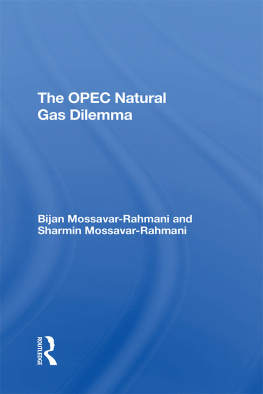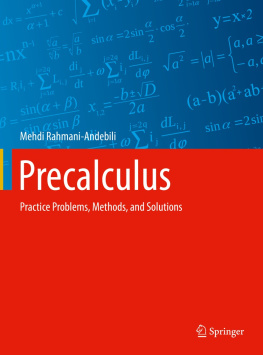Preface
I was five years old the first time my father told me about our homeland. We were living in Karachi, Pakistan, having recently left one of the refugee camps that lined the border. It was 1996, and my family had escaped from Afghanistan and the rise of the Taliban just a few years before.
My father used to say he grew up in Paris. Not Paris, France, of course, but Kabulthe Paris of Central Asiaduring Afghanistans golden era that lasted from 1919 to 1979.
I wish I could have experienced this period in Afghanistans historythe culture, the energy, the freedombut I was born long after that Afghanistan had been wiped from the face of the earth. The Soviets and the Taliban, with all their brutality, made sure of that.
Still, when my father talks about his childhood and what it was like growing up in Kabul in the 1960s and 70s, I can see it all, like Im right there beside himtouching, hearing, smelling, tasting, and feeling. Im in the bazaar sipping green tea mixed with cinnamon, cardamom, saffron, and sugar, with the heavy scent of incense wafting out from the cafs. Men in suits and women in skirts are discussing Greek philosophy and business, sharing a plate of spiced kebab. A university student taps his thumb on the steering wheel while a Beatles tune blares out of the car radio. When I close my eyes and listen to my father tell these stories, nothing is more real.
This land was and still is my home, my country, and a place I was willing to die for.
Ironically, its also a place I would eventually flee because the very people Id sworn to defend and fight alongside would come to threaten my life and those closest to me. They hated me, my family, and everything we represented.
As an Afghan woman, I dared to dream, and there were some who believed I should be punished for it, perhaps even killed. But I didnt let them stop me. I became Afghanistans first female fixed-wing pilot and a captain in the Afghan Air Force.
My name is Niloofar Rahmani, and this is the story of my father, my family, and me.
My first memories of having a roof over my head are from Karachi. We lived in a modest apartment with a single room for the five of usmy parents, my older brother and sister, and me; my two younger siblings hadnt been born yet.
The place wasnt much to speak of, but it had four walls, two windows with real glass, a door with a lock, electricity sometimes, shelter from the wind, and a bed that wasnt on the sandy, gritty earth. Compared to the camps where wed lived for the past four years, crowded among hundreds of thousands of other refugees, with only a tent on the hard ground, this place was luxurious. It was a whole new world for me, with all new sights and sounds and peopleand there was a playground outside.
The day we arrived in Karachi, I bubbled up inside when I saw the swings and the other children playing. They had huge grins on their faces, some with missing front teeth, and they were shouting with joy and laughing. I dont think anyone can help but smile when they hear children giggling or see them with smiles stretched from ear to ear or watch them running in circles chasing the wind and each other. I could barely contain myself and began hopping up and down and squirmingeverything youd expect from a typical five-year-old with too much energy.
Once my mother had had enough and finally released me, I charged outside, laughing and yelling, with my older brother and sister in tow. We wove in and around the other children, over the rocks and across the sandy lot, racing toward a big, beautiful, amazing swing that we knew would take us soaring into the sky. The sun was shining, there was a cool breeze, and laughter echoed against the surrounding apartment buildings. We were safe and free here.
I reached the swing first and flashed a big smile at my brother and sister, delighted at my victory. Even at a young age, I was very fast, and Id beaten them once again. I jumped onto the swing and started pumping my legs forward and backward. I strained and leaned as hard as I could, but I was only five, and my expectations of instantly launching up toward the clouds with great speed didnt exactly pan out as Id hoped. There was a lot of struggling and kicking with very little actual swinging. Still, I was determined.
Then a boy who was about seven years old approached me. I didnt know him, but I smiled anyway. This was a wonderful place and a beautiful day, and I thought he wanted to play with me.
There were lots of children playing together; at the time, I thought there must have been over a hundred boys and girls on the playground, though in reality there were probably only twenty or so. The playground wasnt all that big, just a small scrap of earth wedged between windbeaten brown and gray concrete buildings with the usual amount of trash, standing water, and broken glass common in Karachis poorer neighborhoods. When youre just a child and youve only ever seen a playground once or twice before, even the simplest of play areas is a glorious sight.
This boy who came up to me, however, didnt want to play. Instead, he started yelling at me. I didnt understand what he was saying, perhaps because he was shouting or maybe because I didnt know the language he was speaking. I dont know and it doesnt matter; the look he gave me said it all. His eyes were full of spite, and he had a scowl on his face that frightened me. I remember wondering if Id done something wrong.
Without warning, the boy pushed me off the swing. His bony hands hit my shoulders and back, and I fell. My hands and knees scraped the rocky ground, and I started bleeding. I began to cry, shocked at what this boy had donea boy with so much anger and malice in his eyes.
While still on the ground, I heard my brothers voice. Through my tears, I looked up and watched him confront the boy. They were both yelling, their arms waving in the air and in each others faces. I still didnt understand what the boy was saying, until the end when I heard him spit, Go away, dirty Afghans. This is not your place.
At five years old, I didnt know what he meant by that, but I absolutely understood something was terribly wrong and we were not wanted here. The boy was jabbing his finger at the air and telling us to go away, over and over again.
This hurt more than the cuts on my hands and knees. This place where I thought wed have so much fun struck me now as foreign and strange, and it scared me. My chest tightened and I wanted to runI wanted my father.
I felt my brothers and my sisters hands pick me up, and they walked me off the playground toward our apartment, but as we neared our building I pushed them off and ran. I scampered up the stairs and burst through the front door, tears streaming down my face, with dirt and blood smeared on my skin and clothes. My father was standing on the other side of the room, and I rushed into his arms.

